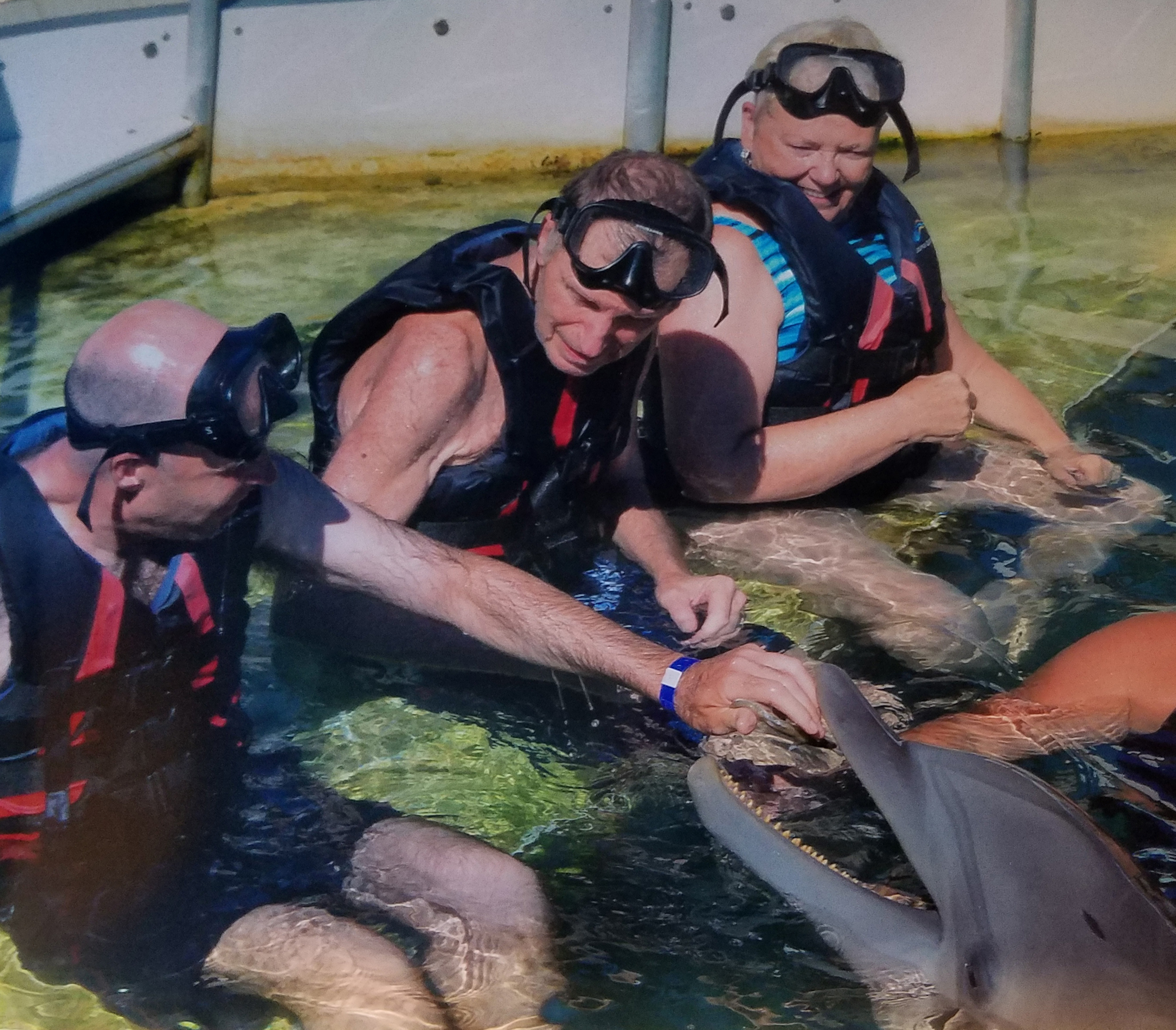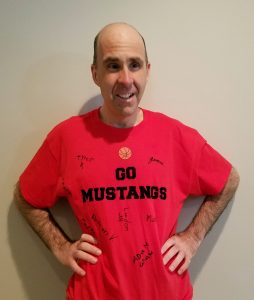It’s so easy to get caught up in the literature on “responsible parenting” and lose sight of the fact that some advice doesn’t necessarily apply.
Take helicopter parenting, which most of the literature makes out to be negative. It means hovering over your child, being excessively overprotective. Certainly, there are still times we have to be helicopter parents with Jimmy, and he’s over forty years of age.
Evidently, lawnmower parents are the new helicopter parent. They get out in front of the child and eliminate barriers that might get in the way. Again, this is a tough one. Sometimes, we have to advocate for Jimmy, even as an adult, because he has such a difficult time advocating for himself.
Recently, we took Jimmy on his first cruise to Bermuda. For the longest time, this is something he’s wanted to do. Months of planning went into giving him as much freedom as possible but at the same time keeping him safe. For example, he had his own room on the ship, almost directly across from ours. But it was an interior room, so there was no balcony and no danger of him climbing overboard. It’s worth noting that as a child, Jimmy had to be restrained from jumping off balconies. What was neat is that interior rooms like Jimmy’s aboard Royal Caribbean’s Anthem of the Seas now have a screen with streaming video of the view outside.
When we went to the beach, I had my eye on Jimmy every second. Even though he swims Special Olympics, he has a tendency to venture too far out. So I walked along the shoreline as he swam, motioning to him to come in a bit whenever he got in over his waist.
One day, we went to Dolphin Quest, a wonderful swim-with-the-dolphins program we checked out far ahead of time. Even though Jimmy said he wanted to do this, he wasn’t so sure once we arrived. Fortunately, they knew we were coming. Two instructors with a background in special ed took over. Yes, Pat and I got in the water with Jimmy and nudged him along. When it came time to feed the dolphins, I gently guided his arm by the elbow so he could put the fish in the dolphin’s mouth. Throughout this wonderful opportunity, Pat and I gave Jimmy as much independence as possible. After it was over, he felt great about what he did and so did we.
The rest of the cruise, he pretty much did what he wanted. After all, this cruise was all about Jimmy. He went to shows, sampled food he’d never had, and met new people. Every day, Jimmy and I took laps around the upper deck, walking for about 3 miles. There were many firsts, which made this journey that much more exciting and meaningful.
As he gets older, we’ve learned to back off when we can. Do we hover at times? Do we get out in front of him to make it easier for him to achieve his goals? Absolutely, but as our autistic son gets older, we’re following him more and more.
Please note: I just finished a book about my entire family and how we have grown over the years, in large part because of Jimmy. My son Jimmy is a middle-aged adult on the autism spectrum. The voices and perspectives of my son, my two daughters and wife as well as friends and professionals are included throughout. It’s a real, uplifting, and remarkable story; one which I have wanted to share for a long time. The kindle version of this book is now available, and the print version will be coming out soon (see https://aJimmy.com).
Visit https://www.facebook.com/DiversityConsciousness/ to read current articles and view insightful videos relative to Diversity Consciousness.


